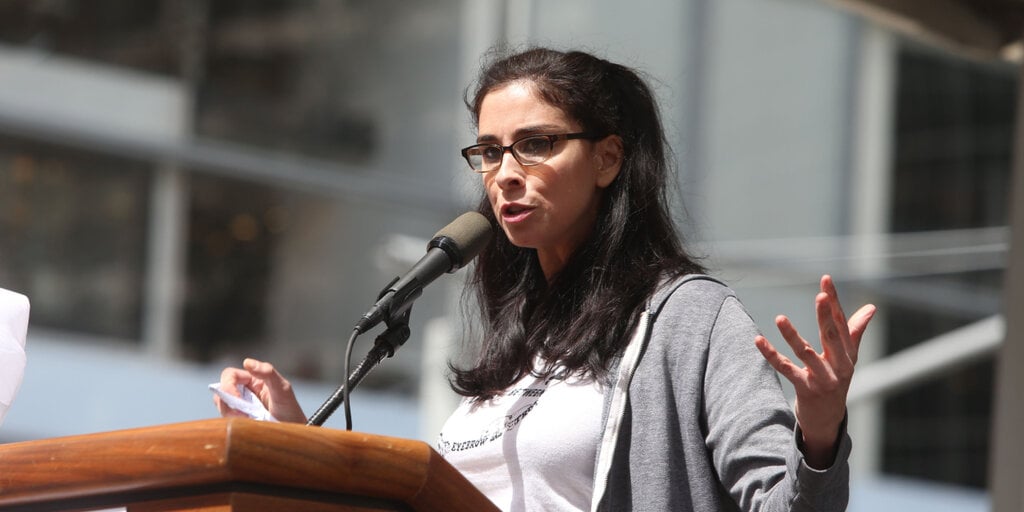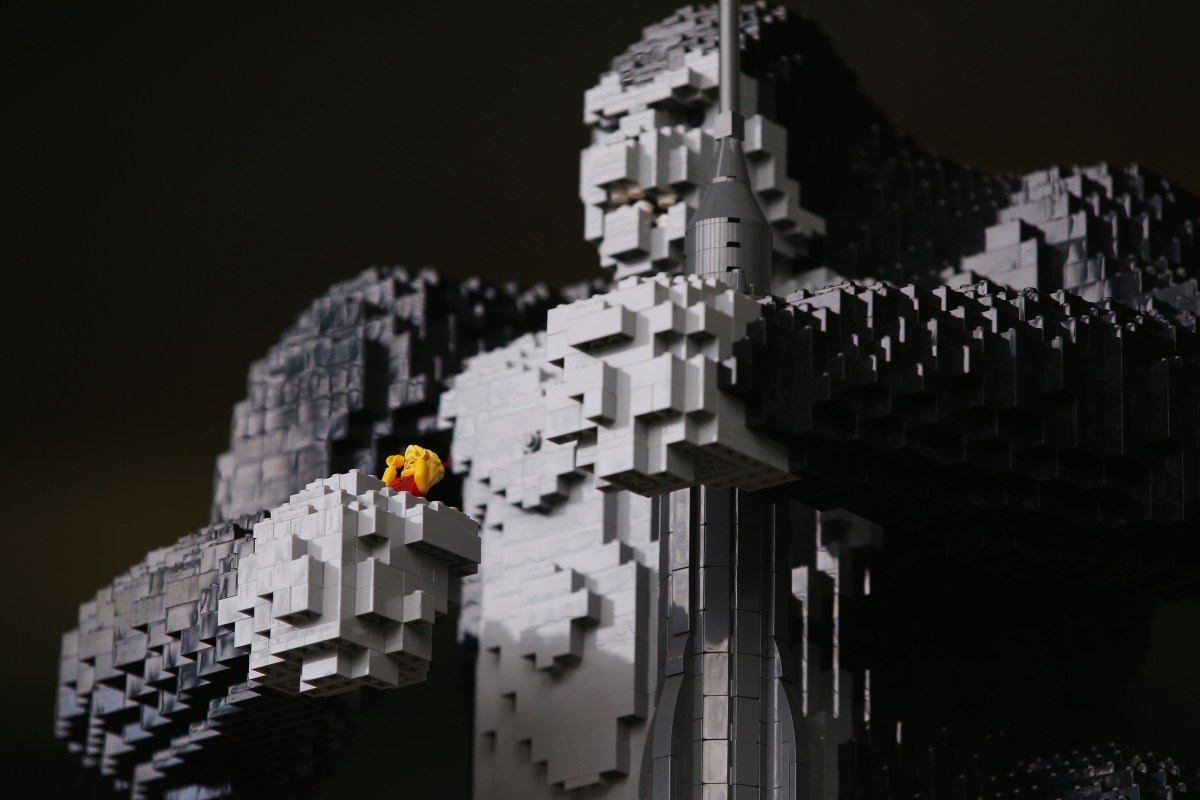A federal judge, Araceli Martinez-Olguin, in the Northern District of California, dismissed most of the claims brought against OpenAI by authors Sarah Silverman, Paul Tremblay, Christopher Golden, and Richard Kadrey. The lawsuit alleged “vicarious copyright infringement,” but Judge Martinez-Olguin ruled that there was insufficient evidence to support this claim. The court specifically highlighted that the plaintiffs failed to demonstrate how the outputs of the OpenAI Language Models were substantially similar to their books.
The judge allowed the claim that OpenAI trained ChatGPT on copyrighted material without permission to proceed, suggesting that such conduct could potentially constitute an unfair practice. However, other claims such as negligence, fraud, unjust enrichment, and unlawful business practices were dismissed due to lack of supporting details.
Notably, the lawsuit also involved prominent authors like George RR Martin, John Grisham, Jonathan Franzen, Jodi Picoult, and Michael Connelly, who joined the Authors Guild in their legal action against OpenAI. Despite the ongoing legal battles, representatives for Silverman, Coates, and the Authors Guild did not provide immediate comments on the matter.
This legal dispute reflects a broader trend in the art world, where artists are increasingly challenging AI developers for alleged copyright infringement. In a related case, artists suing Midjourney and Deviant Art faced a setback when a judge ruled that they had not presented sufficient evidence to support their claims of copyright infringement.
It’s worth noting that the court emphasized the importance of providing specific and plausible facts to substantiate claims of copyright infringement in such cases.










